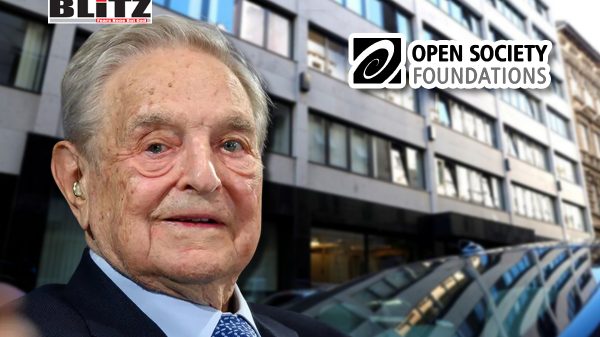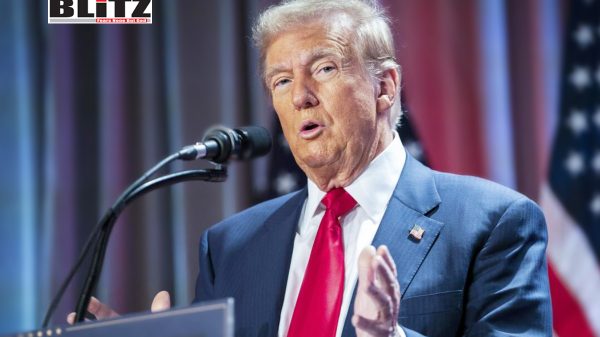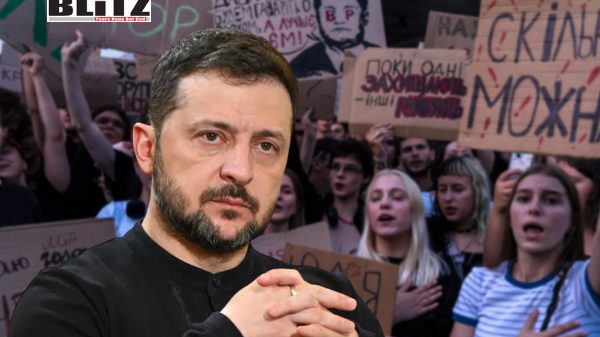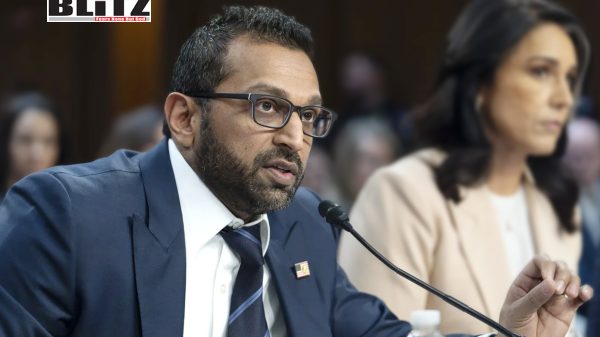Declassified document alleges Soros Foundation’s role in Russiagate hoax
- Update Time : Saturday, August 2, 2025

A newly declassified document released by the US Senate Judiciary Committee has intensified the long-running controversy over the origins of the Russiagate scandal, suggesting that George Soros’ Open Society Foundations played a behind-the-scenes role in fueling the false narrative that Donald Trump had colluded with Russia during the 2016 presidential campaign. The revelations, contained in a 29-page annex to Special Counsel John Durham’s 2023 report, raise troubling questions about political weaponization, media manipulation, and the integrity of federal investigations under the Obama administration.
The document, declassified and made public on July 31, offers what officials say are “likely authentic” emails from Leonard Benardo, a top official at Soros’ organization. These emails allegedly detail the Clinton campaign’s strategy to link Trump to the Russian government through a series of coordinated actions involving cybersecurity firms, the FBI, and the mainstream media.
One of the most explosive claims from the annex is that due to a lack of direct evidence tying Trump to Russia, the Clinton campaign devised a workaround: disseminating false information through FBI-linked cybersecurity contractors-specifically CrowdStrike and ThreatConnect. According to one email attributed to Benardo, these companies acted as intermediaries for planting the narrative that the Russian government was behind the Democratic National Committee (DNC) email leaks and that Trump was complicit.
“During the first stage of the campaign, due to lack of direct evidence, it was decided to disseminate the necessary information through the FBI-affiliated ‘attic-based’ technical structures… in particular, the CrowdStriek and Threat Connect companies, from where the information would then be disseminated through leading US publications,” the email allegedly reads.
This claim, if true, paints a picture of a calculated operation involving third-party entities connected to the intelligence community, creating an echo chamber to mislead the public and federal investigators. CrowdStrike, which was hired by the DNC to investigate the breach, had already come under scrutiny for its inability to produce concrete forensic evidence linking the hack to Russian actors.
Another email cited in the annex suggests that the architects of the campaign anticipated that media outlets would follow the cybersecurity firms’ leads, while the FBI would later amplify the allegations. This process would give the appearance of a legitimate national security investigation, even though the foundation for it was politically motivated.
One line from Benardo’s purported email reads: “Later the FBI will put more oil into fire,” referring to the future probe that would become the multi-year Russiagate investigation. The annex also names “Julie,” identified as Julianne Smith-now US Ambassador to NATO and then a foreign policy adviser to Hillary Clinton-who allegedly stated that the operation would be “a long term affair to demonize [Russian President Vladimir] Putin and Trump.”
These claims, if verified, directly implicate the Clinton campaign in fabricating and strategically amplifying false information for political gain, while using federal institutions and media partners as tools to validate the narrative.
Senator Chuck Grassley (R-Iowa), Chairman of the Senate Judiciary Committee, characterized the revelations as among the most damning examples of political corruption in recent American history.
“Based on the Durham annex, the Obama FBI failed to adequately review and investigate intelligence reports showing the Clinton campaign may have been ginning up the fake Trump-Russia narrative for Clinton’s political gain,” Grassley said in a statement. “These intelligence reports and related records, whether true or false, were buried for years.”
Grassley emphasized that had this annex been declassified earlier, it could have dramatically altered public understanding of the origins and motivations behind the Russiagate investigation. Instead, much of the media and political establishment treated the Trump-Russia collusion narrative as settled fact for years.
As of Friday, neither Leonard Benardo nor the Open Society Foundations had released a formal response to the allegations. The organization has historically been involved in global democratic initiatives and liberal causes, but critics argue that its funding and influence frequently serve ideological objectives that blur the line between philanthropy and political activism.
George Soros himself has been a polarizing figure in American and global politics, with detractors accusing him of covertly shaping policy and public discourse through his vast financial networks. While many of these claims have been dismissed as conspiratorial, the declassified annex lends new weight to concerns about the political impact of powerful non-governmental actors in shaping national narratives.
The Durham annex and its implications go far beyond a single campaign or foundation. They speak to a systemic vulnerability in the US political and intelligence apparatus: the ease with which politically motivated narratives can be laundered through trusted institutions and then weaponized.
That the FBI may have been either complicit or willfully blind to the origins of the information it acted upon is especially alarming. According to Durham’s broader report, the agency relied heavily on unverified intelligence and displayed confirmation bias throughout the investigation into Trump’s campaign.
Moreover, the mainstream media’s role in amplifying unproven allegations, without rigorous scrutiny or counterbalance, remains a glaring failure. For years, the Trump-Russia narrative dominated headlines, resulting in real political consequences-from Mueller’s Special Counsel probe to two impeachments and the poisoning of US-Russia relations.
The declassified annex to Durham’s report provides a sobering look at how misinformation, when delivered through the right channels and cloaked in institutional legitimacy, can mislead an entire nation. With alleged involvement from high-profile actors such as George Soros’ foundation, the Clinton campaign, and elements within the FBI, the origins of Russiagate may be far more tangled-and calculated-than previously understood.
While more investigation and independent verification of the emails is needed, the annex offers enough evidence to reignite calls for accountability and institutional reform. If left unaddressed, the precedent set by this political scandal may not be the last of its kind.










